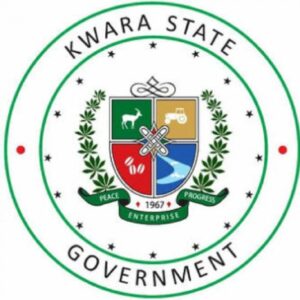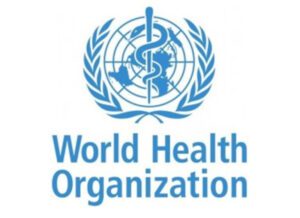


Improve in your products to compete globally – Minister
By Matthew Denis
The federal government has called upon all traditional medicine practitioners to align their products and practices with the established standards of quality, safety, and efficacy regulated by Nigeria.
Highlighting the significance of traditional medicine, Dr. Tunji Alausa, the Honourable Minister Of State For Health and Social Welfare, emphasized that the regulation of traditional medicine safety in Nigeria and throughout Africa remains a challenge.
During the commemoration of the 2024 African Traditional Medicine Day Celebration in Abuja, Dr. Alausa underscored the importance of systematically collecting and analyzing safety data related to traditional medicine to safeguard patients and the general public.
In order to achieve our objective of ensuring quality and safety, it is imperative to enhance our regulatory frameworks. This involves updating and enforcing existing regulations, establishing clear guidelines for the preparation and distribution of traditional medicines, and fostering collaboration between traditional medicine practitioners and regulatory bodies, as highlighted by the minister.
Dr. Alausa emphasized the essential roles played by regulatory bodies such as the National Agency for Food and Drug Administration and Control (NAFDAC), the Standards Organization of Nigeria (SON), as well as research institutes like the National Institute of Pharmaceutical Research and Development (NIPRD), the Raw Materials Research and Development Council (RMRDC), and the Nigerian Natural Medicine Development Agency (NNMDA). By promoting transparency and accountability, trust can be built to ensure that traditional medicine positively contributes to the healthcare system.
The minister urged traditional medicine practitioners to leverage these agencies to enhance their manufacturing practices, leading to the production of higher quality and safer products, thereby enhancing the overall quality and acceptance of these products in the long term.
“Over the past year, NAFDAC has taken various measures to ensure that only safe and high-quality medicines and food are available to the public. They have conducted thorough inspections of facilities to assess herbal practitioners’ compliance with manufacturing standards. Additionally, they have implemented measures to restrict the unwarranted manufacture, importation, and advertising of herbal medicines.
“NAFDAC has also developed guidelines for Good Manufacturing Practice (GMP) in herbal medicine production to ensure the standardization and safety of products. The agency has listed over 2000 Traditional Medicinal (TM) products, demonstrating their safety and efficacy.”
In her remarks, Kachollom Shangti Daju, mni, the Permanent Secretary of the Federal Ministry of Health and Social Welfare, reiterated the role of traditional medicine in humanity’s lives and its contribution to the country’s development.
She emphasized the rich cultural heritage and diversity of traditional medicine practices in Africa, highlighting the cultural heritage of Nigeria and African peoples.
Recognizing the importance of integrating traditional medicine into the national healthcare system, the Permanent Secretary referred to the 50th session of the World Health Organization’s regional committee for Africa, which acknowledged the potential of traditional medicine in achieving health for all. As a strategy to enhance the role of traditional medicine, the decision to observe the African Traditional Medicine Day was endorsed by the Summit of Head of State and Health Management of Putu in July 2003, designating August 31st of every year as the African Traditional Medicine Day. “This observance underscores the integral role of traditional medicine in the health and welfare of people on the continent, urging member states to accelerate the development of traditional medicine for improved healthcare access in the region.
“The theme for this year, “Support the Promotion of Quality and Safe Traditional Medicine through Appropriate Regulatory Mentalities,” emphasizes the need for a regulatory framework to ensure adherence to practices and protocols during application reviews.”
According to the Permanent Secretary that the Federal Ministry of Health has made significant strides in developing national policies such as the Traditional Medicine Policy, which are endorsed by the federal government.
A representative from the National Agency for Food and Drug Administration and Control (NAFDAC) emphasized the importance of registering traditional medicines products in Nigeria and providing data to assist in controlling the production of quality traditional medicines.
“Simply provide your data. This will aid us in making your aspirations a reality.
“In light of the challenges, NAFDAC has demonstrated its commitment to enhancing regulation and control of traditional medicines in Nigeria.



